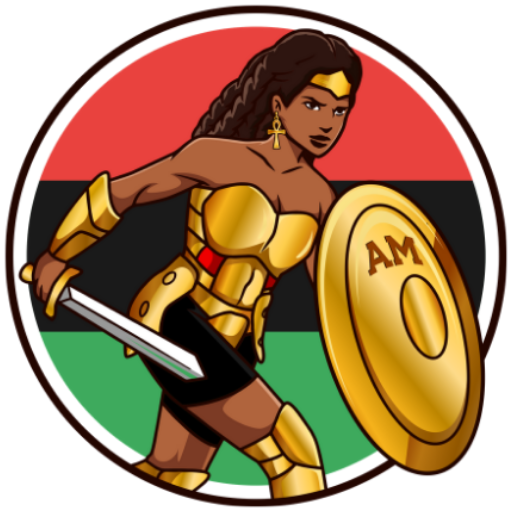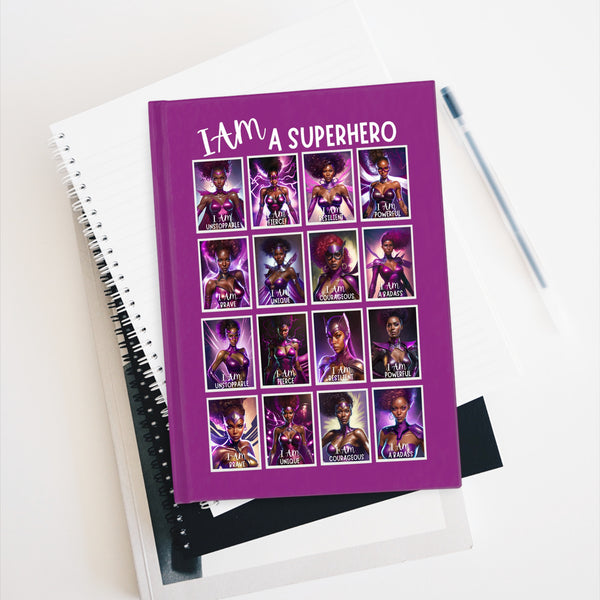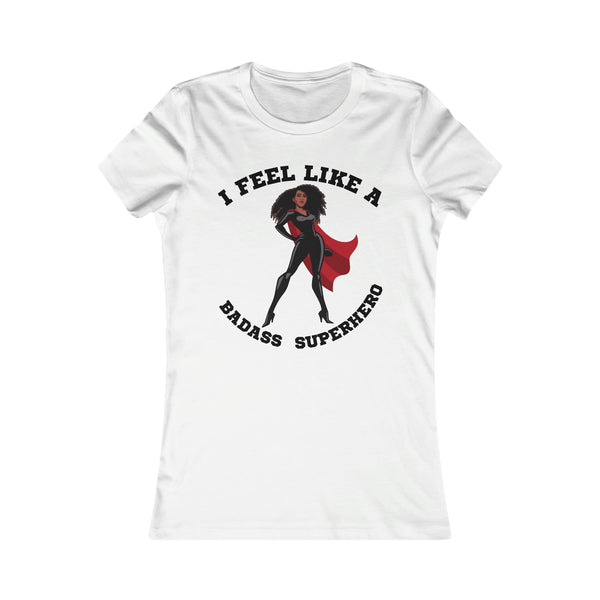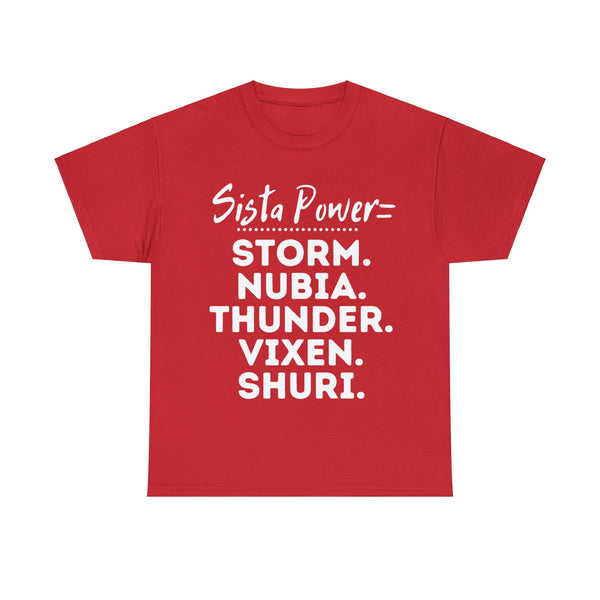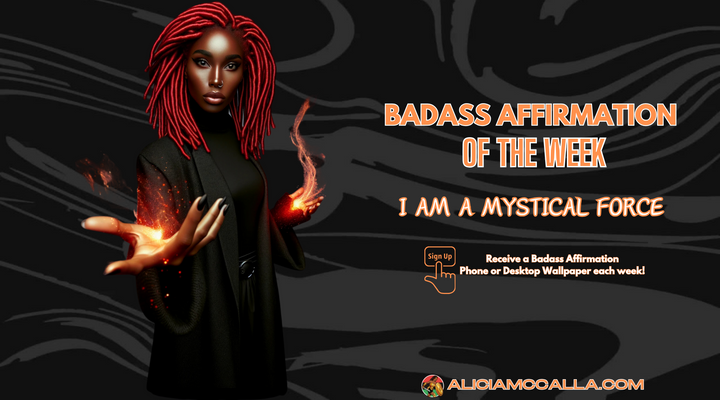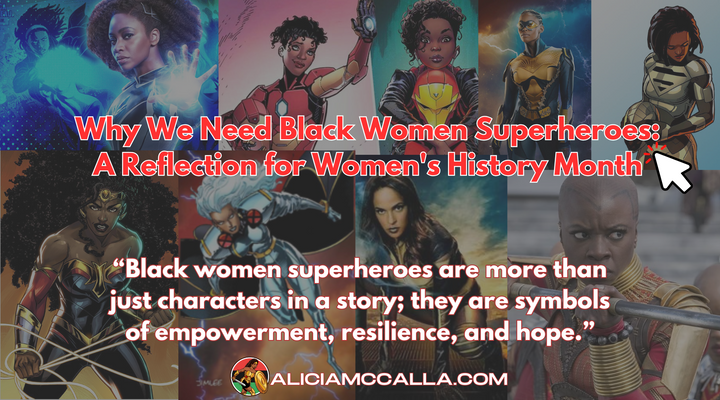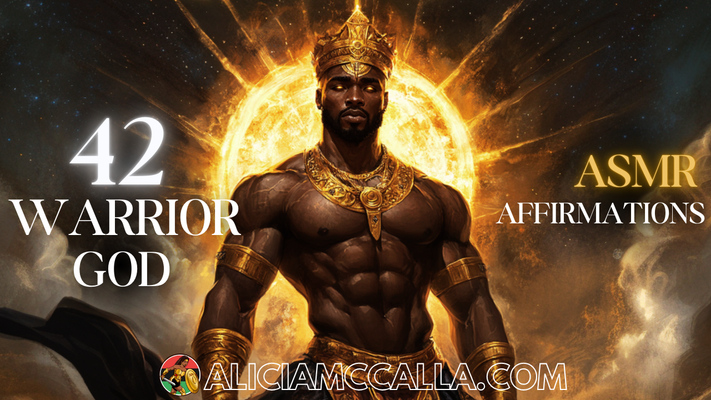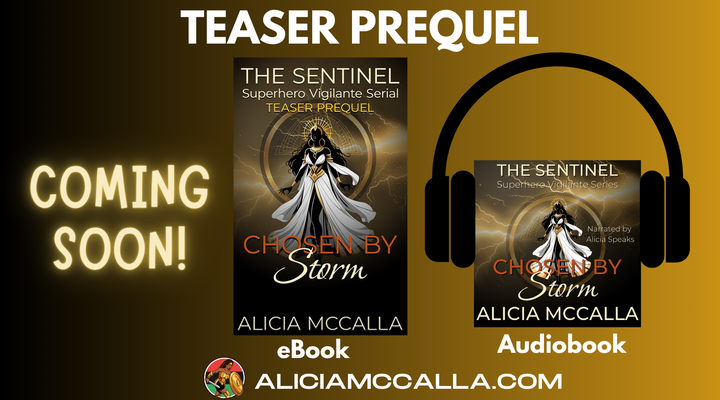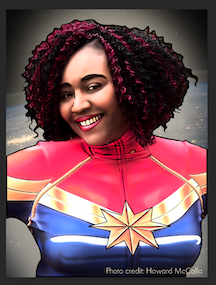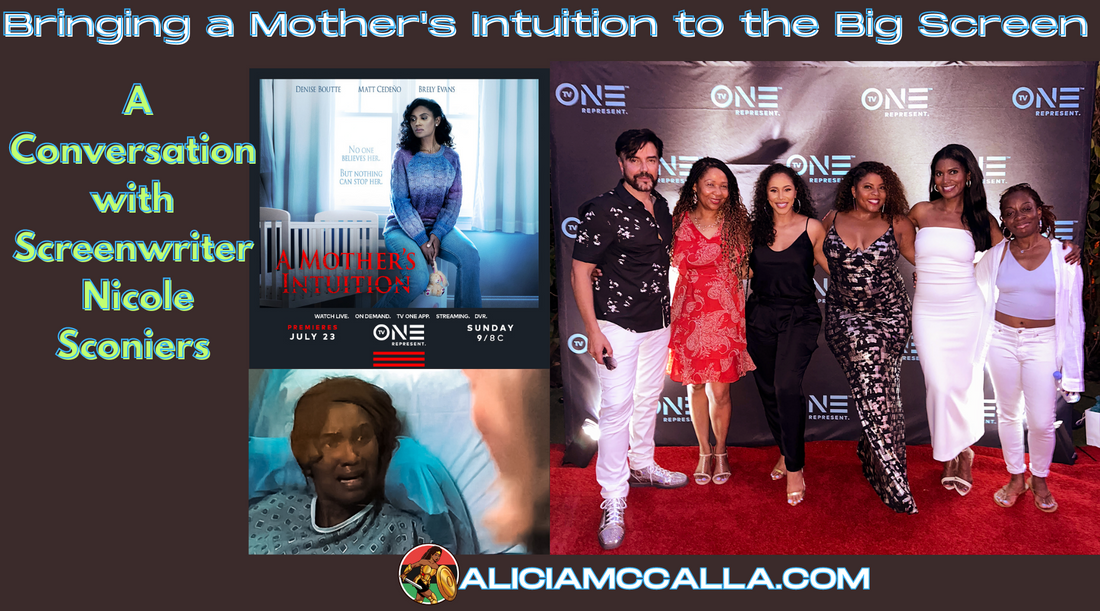
Bringing a Mother's Intuition to the Big Screen: A Conversation with Screenwriter Nicole Sconiers
Share
Alicia: Can you briefly tell everyone your background and how your project became optioned for a movie with TV One?
Nicole: I’m the author of Escape from Beckyville: Tales of Race, Hair and Rage, which is a speculative fiction short story collection. I’m also a screenwriter who explores social justice issues through the lenses of sci-fi, horror and psychological thrillers.
Two years ago, my friend Lia Martin, who is a producer on A Mother’s Intuition, pitched the idea to Relevé Entertainment. They were excited about the script and brought it to TV One, who loved it. I’m super proud that this story about a Black woman fighting for justice was acquired by a Black woman owned TV channel. Relevé Entertainment is a Black woman owned production company, founded by Dr. Holly Carter. So it was #BlackGirlMagic from script to screen!
Alicia: Please tell us a little about the plot summary.
Nicole: A Mother’s Intuition follows the story of Toni Lane, a pregnant sculptor who is grieving the tragic death of her husband in a car accident. As she copes with this huge loss, she’s also managing mental health issues and not feeling heard by her doctors. After Toni gives birth, she’s convinced that she delivered a healthy baby girl, but her doctor informs her that the infant was stillborn. Now Toni must go on a quest for the truth, which reveals some dark secrets from her past.
Alicia: The theme of grief and anxiety really resonated with me in A Mother's Intuition. As a writer, how did you approach portraying these emotions authentically?
Nicole: I have grappled with anxiety and depression for most of my adult life. Many Black women with mental health issues suffer in silence and shame for fear of being viewed as weak. It was important to depict Toni as a complex, robust character who is managing mental health challenges but at the same time, she is not defined by her disorder. She’s a sculptor. She’s a gardener. She has friends who love and care about her. She’s not superhuman or tragic. And she comes to realize it’s okay to ask for help when she needs it.
I had the pleasure of visiting the set of A Mother’s Intuition in Atlanta last November. Denise Boutte, the actress who plays Toni Lane, really blew me away with her ability to capture Toni’s grief in a compelling, authentic way. For those scenes where Toni was rocked by grief, Denise stayed in character. She walked around the set not interacting with anyone, in her own world, because she wanted to convey Toni’s huge loss in a genuine way.
Alicia: The issue of medical mistreatment and distrust is so real for many Black women. What research did you do into these hospital practices and attitudes towards Black mothers?
I did a ton of research online and spoke to healthcare professionals. It’s disheartening to see how prevalent medical mistreatment is and it’s often overlooked when the patients are Black. I read about one case where the hospital wasn’t properly sterilizing its surgical tools, which lead to hundreds of infections, a topic that was touched on in A Mother’s Intuition.
We also wanted to spark a discussion about Black maternal mortality rates. Black women are nearly three times as likely to die during pregnancy or delivery than any other race, according to the CDC. Cedars-Sinai Medical Center is currently facing a federal civil rights investigation for their treatment of Black mothers. Kira Dixon Johnson died in childbirth at Cedars-Sinai and her husband, Charles, filed a lawsuit, stating the disparity in care Black women receive at Cedars compared to white women.
Alicia: Paranormal and horror elements blended so well with the everyday horrors facing Black women. How did you strike that balance and make the light supernatural elements feel grounded?
Nicole: I always say the real-life horrors Black women face (racism, misogynoir, violence) rival any horrors you see on the big screen. There were actually more horror and supernatural elements in the original script but we had to scale them back so the movie aligned more with a psychological thriller. I have to shout out our director Cas Sigers-Beedles who was so creative about interweaving supernatural elements and creating tension while keeping the narrative grounded in reality as Toni goes on her quest for justice.
Alicia: The movie deftly balances intense thriller, suspense, and action elements with quieter emotional moments. From a writing perspective, how did you approach blending these tones and pacing the storyline?
Nicole: Because the subject matter was so heavy, it was important not to overwhelm the audience with so many tragic beats. Levity is key in balancing the dramatic moments. Brely Evans and Hazel Renee, the actresses who played Toni’s friends Cicely and Simone, respectively, were wonderful comedic foils to Toni. Cicely and Simone embody the importance of sisterhood, especially when we’re dealing with grief. Trauma may force us to self-isolate, but during those difficult times, we need to lean on our sister-friends for support.
Alicia: The theme of being gaslit and not believed is powerful. How did you develop your protagonist's resilience?
Nicole: Toni starts out as a woman who is insecure and has trouble believing herself. Society often gaslights Black women into thinking our lives don’t matter and we internalize that false notion. Toni has so many disbelieving voices in her ear – her doctors, her detective friend Julian, initially, and even her own doubt. She had to develop the courage to overcome that skepticism because she believed her baby was out there and needed rescuing.
I attended the 20th anniversary screening of Gina Prince Bythewood’s Love & Basketball, moderated by Roxane Gay. Roxane asked Gina how she was able to keep going when she faced rejection and the odds were against her. Gina replied that she was able to overcome the naysayers because she believed in something higher than herself.
That’s what we tried to do with Toni’s character, give her the resilience to keep going because there was a higher purpose to her mission. It wasn’t just about her.
Alicia: Without giving anything away, there are some great plot twists and turns. When you were writing the story, how much did you have mapped out versus making discoveries along the way?
Nicole: I love Alfred Hitchcock and his ability to keep audiences guessing and subvert their expectations. I start every script with beats, or small moments that move the story forward, but it’s a great feeling when you discover something in the storytelling that you hadn’t mapped out. I’ve found the more research I do for a script and the more familiar I am with the characters, those little gems of discovery get embedded in the nooks and crannies of the story world. I wanted to keep audiences guessing: Was the baby swap all in Toni’s head or did it really occur? Research helped unearth those twists and turns.
Alicia: The protagonist's backstory and family dynamics are so key to understanding her. How did you approach revealing glimpses of her past in a compelling way?
Nicole: I read numerous case studies of women and girls coping with mental illness – from bipolar disorder to post-traumatic stress disorder. Many of those patients experienced trauma in childhood that increased their risk for mental illness later in life, according to the National Institutes of Health. It was necessary for Toni’s character arc to discover the root of her challenges. She isn’t just some odd woman going on this irrational quest. She’s also running from a painful past that she must confront to become whole.
Alicia: The ending of this movie really stayed with me after watching. What do you hope viewers take away from A Mother’s Intuition?
Nicole: I hope viewers feel inspired by Toni’s story to fight for the things they believe in, no matter how unattainable they may seem to everyone else. Black women’s dreams matter. Black women’s voices matter. I also hope viewers who are grappling with mental health disorders feel seen and feel empowered to talk to someone about their pain. bell hooks says realizing that you need help and asking for it is a sign of power.
Alicia: Anything else you’d like to share?
Nicole: I want to encourage anyone who has ever had a dream to keep going. I have been trying for twenty years to sell a screenplay and see my work produced. It didn’t happen in my 30s and 40s. I am in my early 50s and this is the first time I’ve ever seen my name in the credits of a movie. It’s never too late. Not only did I have a movie airing this year, but I also have a short story that will appear in Out There Screaming: An Anthology of New Black Horror, edited by Jordan Peele and John Joseph Adams that comes out this October. You may not see a way to achieve your dreams, but there’s always a way if you keep going and never give up.
Alicia: Thank you for the interview. Can you tell everyone where to find you?
Nicole: It’s always great chatting with you, Alicia! You know we go way back to 2012 with The State of Black Sci-Fi. I blog at https://nicolesconiers.com. People can also find me on IG/Threads/Facebook: @nicoledsconiers.
Related Post:
